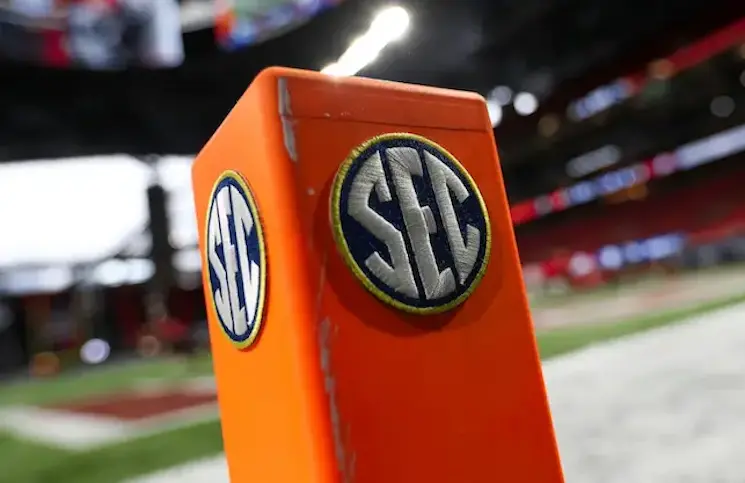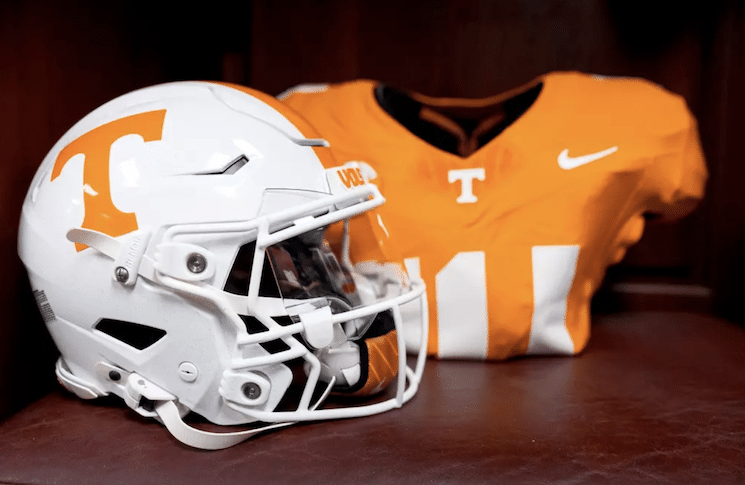I was a junior in high school on September 19th, 2004, when a missed extra point late in the fourth quarter appeared to squash Tennessee’s chances of an improbable comeback victory over the Florida Gators. All Florida had to do was run out the clock and they’d leave Knoxville with a win, but the Vol defense stood tall and the Gators were forced to punt with under a minute left.
Tennessee trailed by one and had the ball. And was I nervously pacing up and down the stairs of section P as the clock waned in Neyland Stadium. A couple of completions from Vol true freshman quarterback Erik Ainge had the Vols in field goal range when, with just six seconds on the clock, a record crowd of 109,061 witnessed James Wilhoit’s redemption – his 50-yard field goal sailed through the uprights and secured an improbable comeback victory over No. 11 Florida.
“This was certainly a character fight, but the team’s attitude is just so good,” Tennessee coach Phillip Fulmer said after the game. “I knew we could come through it with a win.”
I left the stadium that night thinking that Tennessee and Florida were two programs headed in opposite directions. The young, resolute Vols, led by two true freshmen at quarterback, had now won two straight games against the Gators, and three of the last four in the series overall.
Finally, it looked like Fulmer had gained the upper hand on the team that had been the thorn in his side the previous decade. With the memory of Tennessee’s national championship still fresh on the minds of Vol fans, it looked like the Volunteers were poised to climb right back into the title picture.
All the while the hated Gators appeared to be a program headed straight toward the SEC’s cellar.
Of course, the next 10+ years would prove that Tennessee and Florida were indeed headed in opposite directions, just not the directions I had hoped.
The Vols were on their way to a decade which saw them barely play .500 football (they were 64-61 over the last 10 years headed into this season). They fired Phillip Fulmer after he recorded two losing seasons in four years and replaced him with Lane Kiffin. When Kiffin bolted from Knoxville to USC, Tennessee’s administration panicked and hired Derek Dooley.
Turmoil and the worst football in the history of the program reigned in Knoxville following that 2004 win over the Gators.
To make matters worse, Florida flourished.
Urban Meyer was hired in 2005 to replace Ron Zook at Florida. He dominated Tennessee (and everyone else) on the way to two national championships. Will Muschamp, who could best be described as Florida’s Derek Dooley, went 4-0 against Tennessee and even inexplicably backed his way into an 11-2 season.
The tide in the series was breathtakingly close to turning last year in Neyland before an all too familiar script resulted in a 10-9 loss for the men in the correct shade of orange.
With that, the streak reached a decade.
Joshua Dobbs and Cameron Sutton were nine years old in 2004. Jalen Hurd was eight. Jauan Jennings and Preston Williams were seven. Butch Jones? He was coaching running backs at Central Michigan.
It’s ultimately up to them to turn this series around.
Just as Wilhoit capitalized on a golden opportunity to redeem himself on a September night 11 years ago, the Vols are well positioned to make the leap towards redeeming a decade of wrongs at Florida this weekend.
They head to The Swamp with more overall offensive talent than the Gators and they have the added benefit of an established coaching staff.
A win would propel the Vols into contention in the SEC East.
A win would solidify Butch Jones’ standing with the fanbase.
A win would make things tough for first-year Florida head coach Jim McElwain – even Ron Zook beat Tennessee in his first season at Florida.
And a win would, perhaps, signify that Florida and Tennessee are indeed headed in opposite directions – this time with the Volunteers, not the Gators, bound for a decade long streak of their own.




